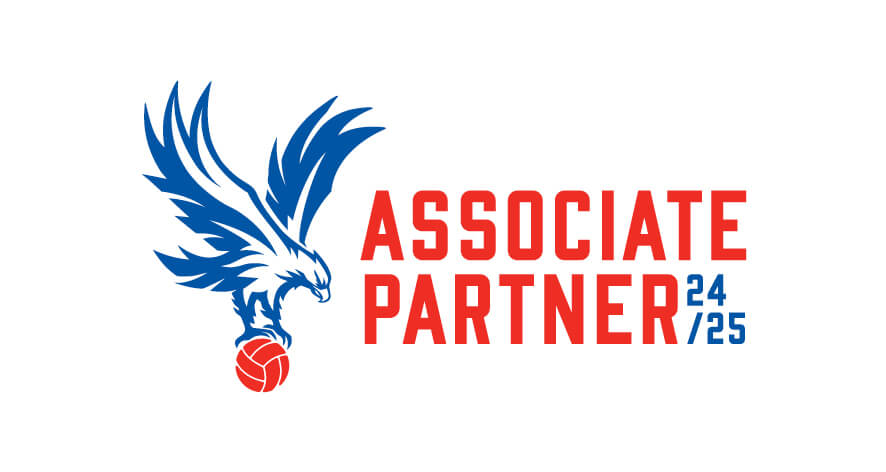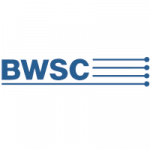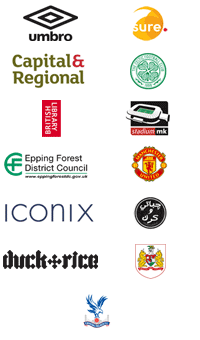Businesses urged to prepare for second wave of swine flu
A new survey has revealed that just over 50% of UK businesses regard themselves as at “high risk” or “very high risk” of having their operations affected by the swine flu outbreak and in the light of this threat, 80% of companies are reviewing continuity planning.
However, law firm DLA Piper, which carried out the survey, has warned that significant holes appear to exist in continuity planning for many UK businesses. Its survey showed that more than half of companies have not communicated business continuity plans to employees, customers or suppliers and over three-quarters of companies have no plans to account for swine flu in employee policies and terms and conditions.
The survey of 400 companies comes as a second wave of swine flu is being predicted. Figures show that this month has seen the first increase in cases in England since the end of July. The numbers are still below the flu figures that would be expected for a bad winter but Chief Medical Officer Sir Liam Donaldson said the rise did seem to suggest that “swine flu is coming back.”
The Business Advisory Network for Flu recently warned that 30% of the UK’s population may be affected by swine flu by the end of September, whilst one in eight employees may be forced to take time off work sick. The survey suggested that, in general, it is employers with 250 or more employees who are most concerned about the possible impact of swine flu on their operations.
Tim Marshall, UK Head of Employment Law at DLA Piper, said: “It is important to note that some of the measures which could be implemented in response to pandemic flu have potential employment law implications, which may not be immediately obvious.
“For example, where employers require employees with suspected swine flu to remain at home, how does this impact on the operation of absence management procedures? There would be potential for unfairness if employees were disciplined as a result of swine flu related absence if it is not the employee’s choice whether or not to come to work, particularly if the swine flu diagnosis is not confirmed.
He adds: “As we enter the winter season we can expect an increase in the incidence of swine flu, and so all businesses must ensure that they are fully prepared, or risk inadvertently stumbling into a legal minefield.”









